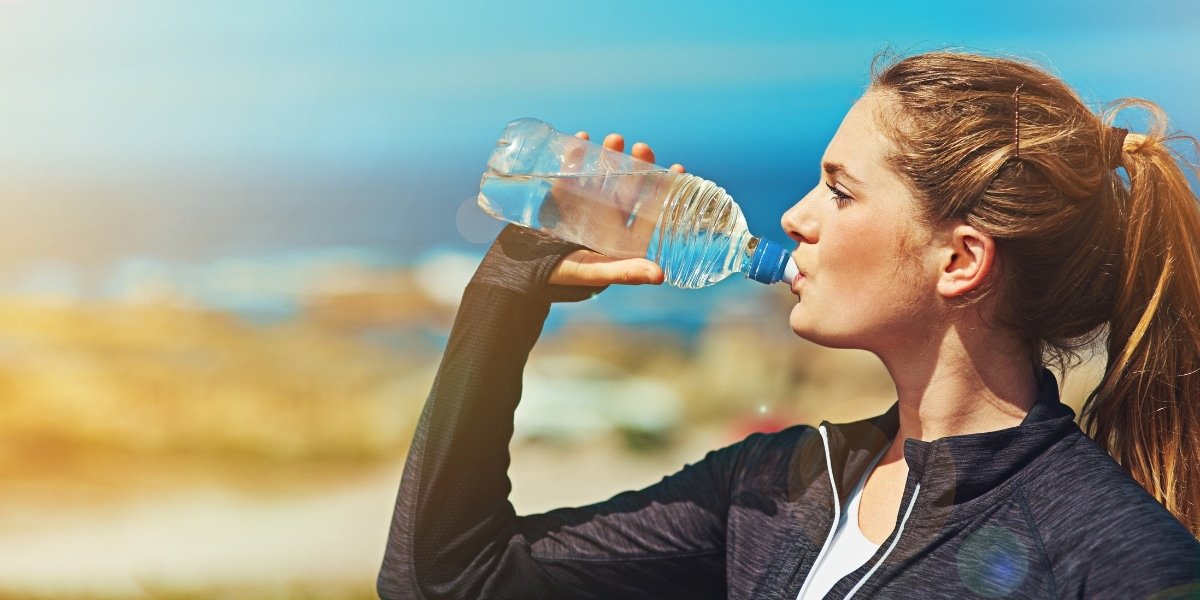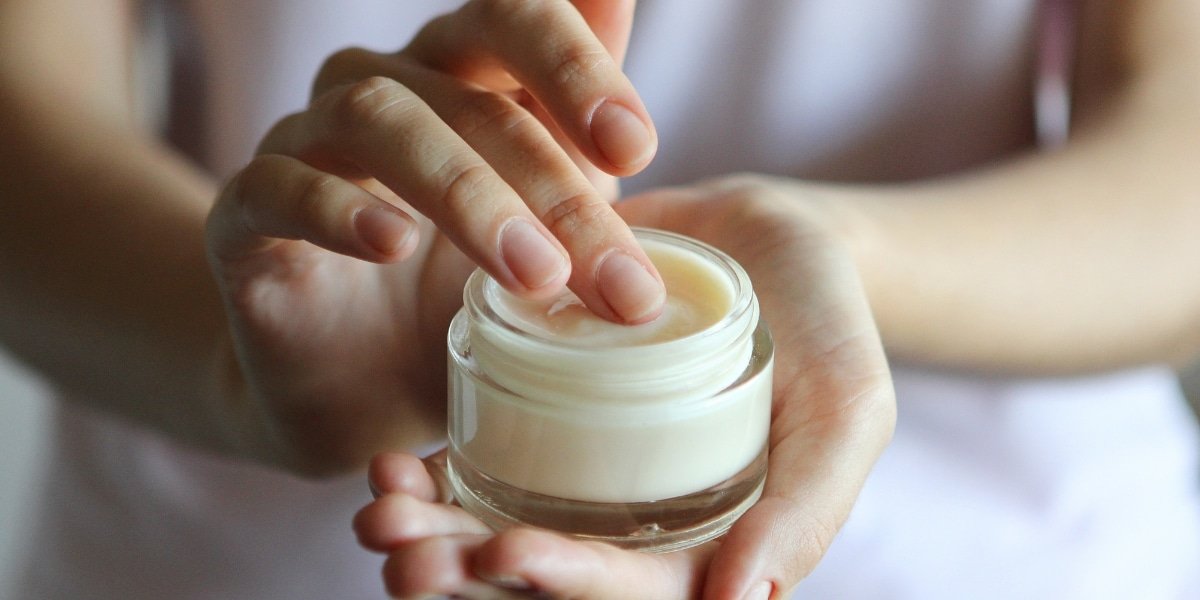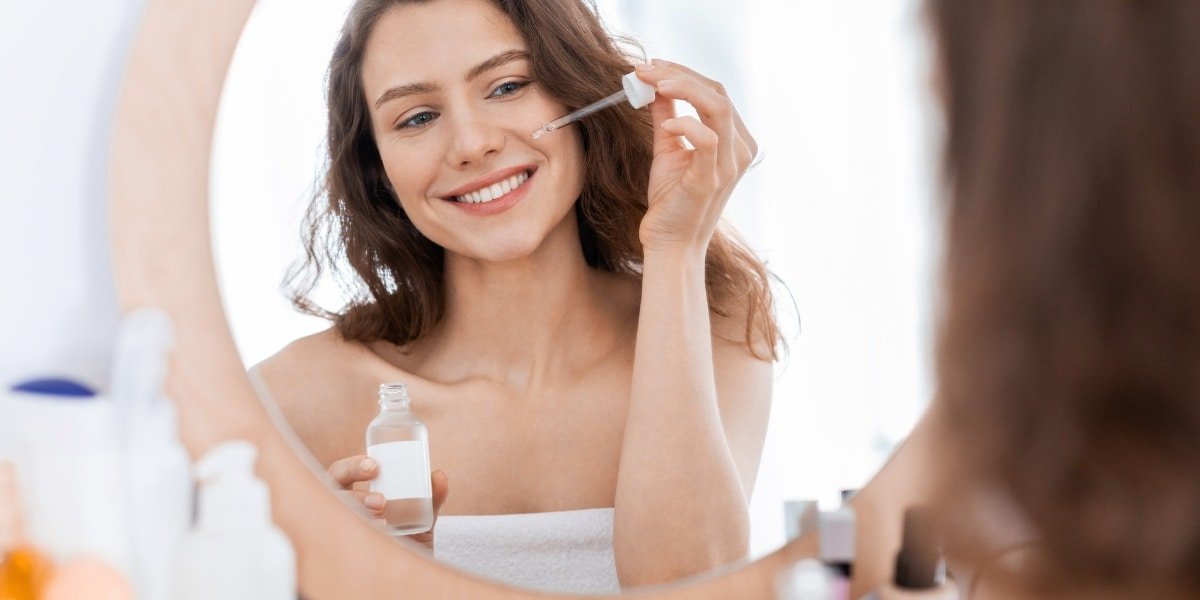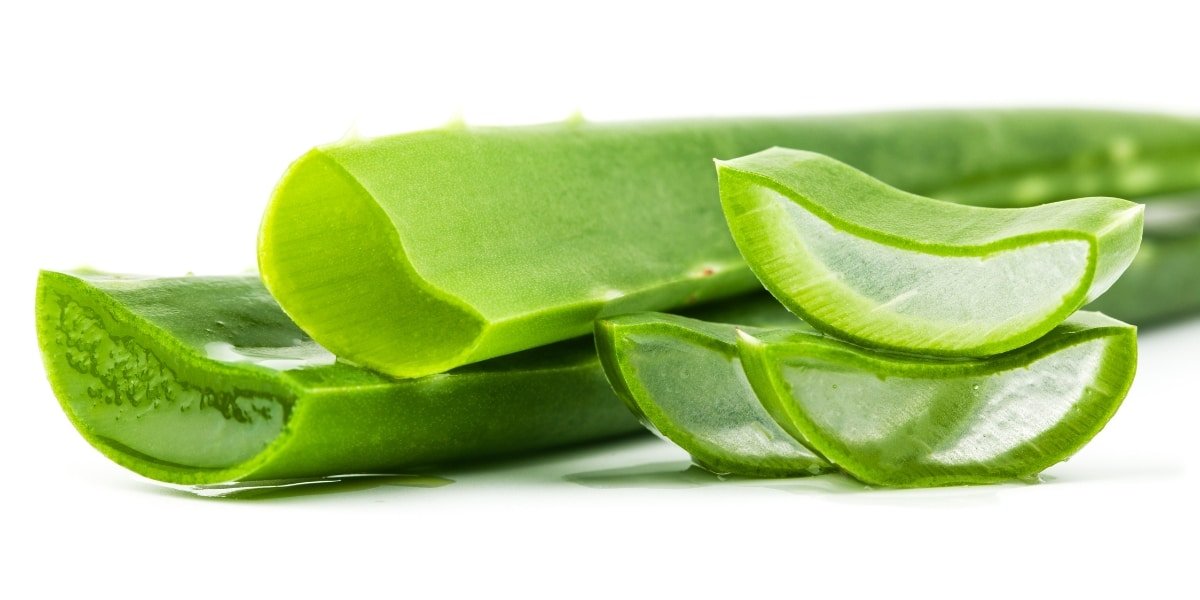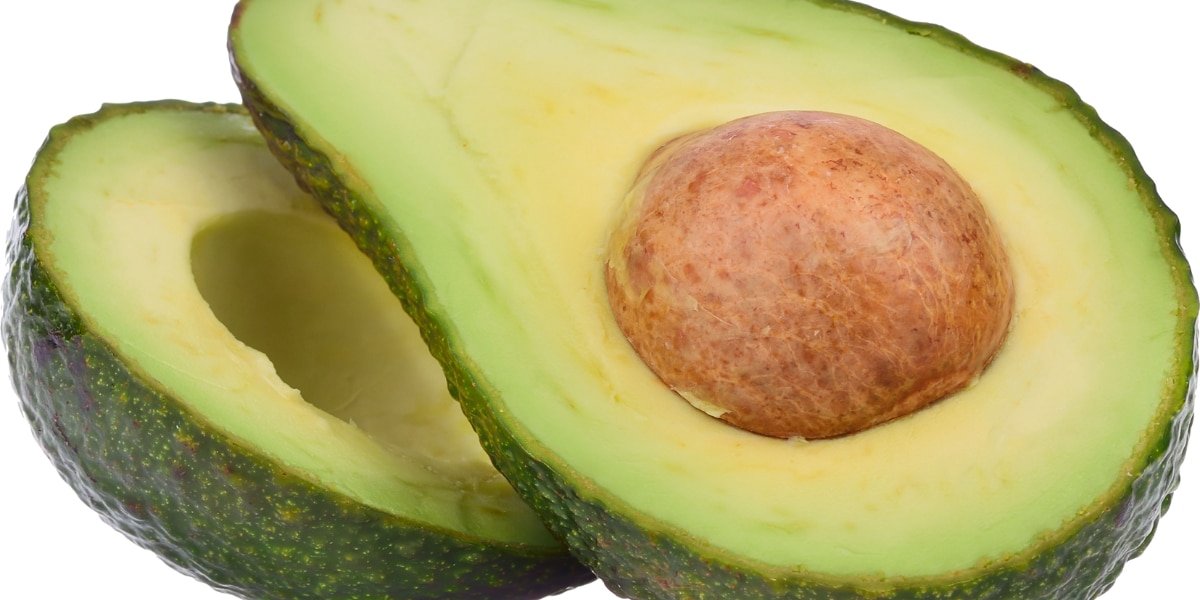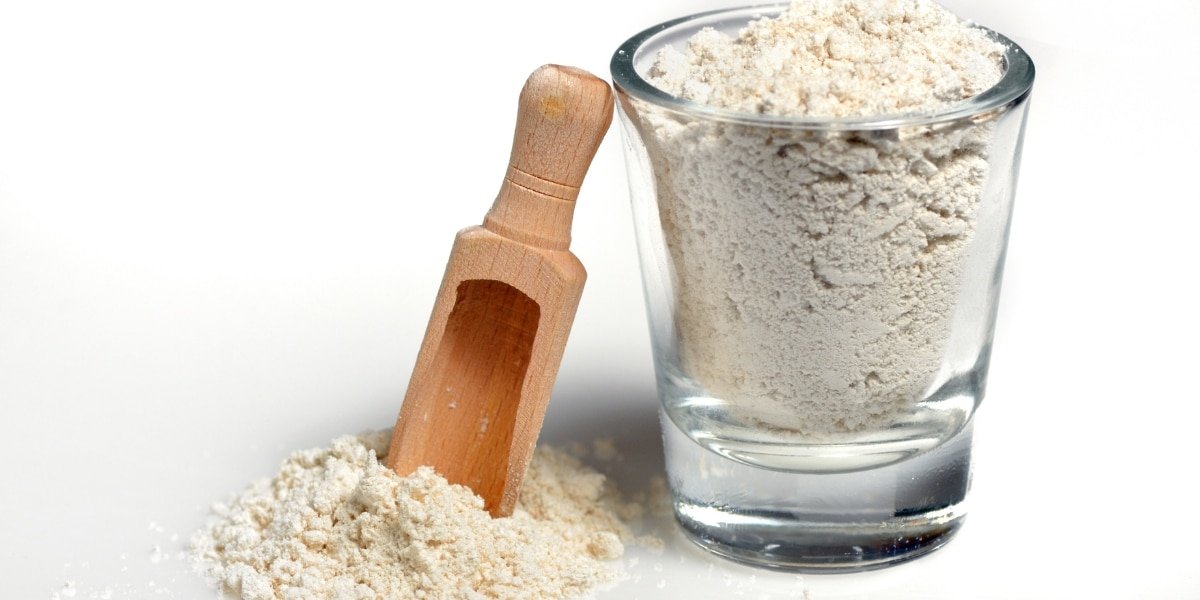Blog
How to Hydrate Skin: 9 Expert Tips for Lasting Hydration
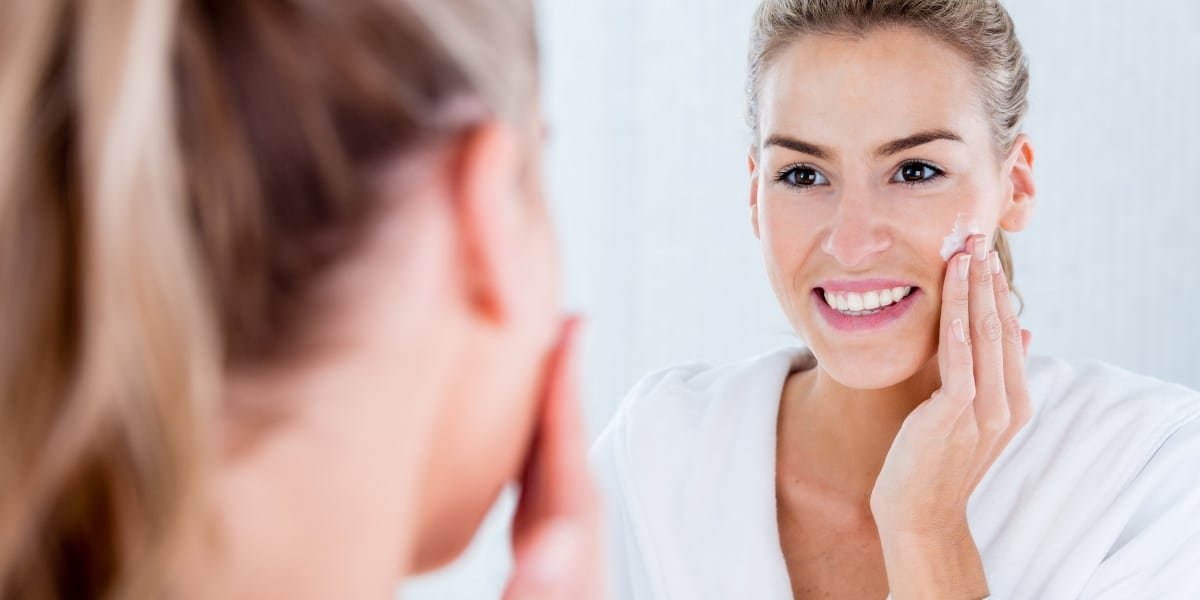
Keeping your skin hydrated is one of the main ways to keep it healthy and looking good. When your skin has enough moisture, it stays elastic and smooth, giving you a fresh, radiant look. On the other hand, if your skin gets too dry, it can become flaky and lose its softness, making it look dull and aged.
Dry skin is a common problem for many people, especially during certain seasons. Whether it’s due to the weather, your lifestyle, or getting older, it’s important to address dry skin as thoroughly as possible. Whether it’s due to weather changes, lifestyle factors, or aging, addressing this concern properly is essential. Learn more about causes, symptoms, and remedies for dry skin.
To truly understand how to hydrate skin, it’s essential to use the right skincare products and ensure you stay hydrated from the inside by drinking plenty of water and eating hydrating foods.
A solid hydration routine involves drinking adequate water, consuming foods that promote hydration, and applying the right products to your skin. By combining these strategies, you can achieve optimal moisture levels, keeping your skin healthy and glowing.
What is skin hydration?
“Skin hydration is the process of moisturizing the skin to keep it soft and supple. Dehydrated skin feels tight and dull, has more wrinkles, and can cause dark circles under the eyes. Dry skin can affect any skin type, so it is crucial to discover the correct strategies to keep your skin hydrated. Moisturization is often the final step of a skincare routine, but effectively nourishing and moisturizing skin requires more than just one step. With the appropriate habits, you can avoid dryness and increase water retention,” says dermatologist Dr Kusumika Kanak.
Why It’s Necessary to Keep Your Skin Hydrated
Keeping your skin hydrated helps it stay elastic and smooth, making you look more youthful and radiant. When your skin has enough moisture, it can do its job better, like protecting you from environmental damage and reducing fine lines and wrinkles.
Hydrated skin is also less likely to become dry and irritated. Moisture helps balance your skin, preventing it from producing too much oil, which can lead to clogged pores and acne. Plus, maintaining moisture levels can help prevent your skin from aging prematurely, keeping it looking fresh and vibrant. Discover how Vitamin C benefits your skin.
When your skin is well-hydrated, it can repair itself more effectively. This means it can heal faster from damage caused by the sun, harsh weather, or skincare products. By focusing on hydration, you’re helping your skin stay healthy and look its best.
Why Does Skin Lose Hydration?
Skin loses hydration for various reasons, and understanding these can help you keep your skin moisturized. Environmental factors like sun exposure, wind, and low humidity can dry out your skin. Spending a lot of time in air-conditioned or heated environments can also strip your skin of its natural moisture.
Lifestyle choices also play a big role. Not drinking enough water, consuming too much caffeine or alcohol, and not getting enough sleep can all contribute to dehydrated skin. Using harsh skincare products or over-exfoliating can damage your skin’s barrier, making it harder for your skin to retain moisture.
As we age, our skin naturally loses its ability to hold onto moisture. Hormonal changes can also affect skin hydration levels. By being aware of these factors, you can take steps to protect your skin and keep it hydrated.
What causes dehydration?
Here are some possible causes of dehydration, as explained by the expert:
1. Extreme temperature
Extreme heat or cold can destroy the natural barrier of the skin. While it may be difficult to escape high temperatures, it is vital to keep your exposure to a minimum.
2. Excessive exfoliation
Exfoliating too much can also destroy your skin’s natural moisture barrier and make it feel dehydrated. Using harsh, abrasive products to exfoliate your skin can be more detrimental.
3. Air conditioning
Reduced humidity caused by air conditioners might harm the health of your skin. Lack of humidity destroys the skin’s moisture barrier, causing dehydration.
How to Test Your Skin’s Hydration Level
Checking your skin’s hydration level can help you understand how much moisture your skin needs. There are a few simple methods you can use to test it.
First, take a look at your skin. If you notice dryness, flakiness, or a tight feeling, especially in areas like your cheeks or around your mouth, your skin might be dehydrated.
Another easy test is the pinch test. Gently pinch a small area of your skin, like the back of your hand, and then release it. If your skin snaps back quickly, it’s well-hydrated. If it takes a moment to return to normal, your skin could use more moisture.
For a more precise measurement, you can use hydration monitor devices, like skin hydration meters. These gadgets give you a quantitative reading of your skin’s moisture levels. Some online resources and smartphone apps also offer hydration assessment tools, which can help you gauge your skin’s hydration based on a series of questions and observations. For the most accurate assessment, consider consulting a dermatologist who can provide a professional skin analysis and personalized advice.
How to Hydrate Skin: 9 Expert Tips for Effective Hydration
If you are seeking foolproof ways to keep your skin hydrated, here are some simple and quick tips that will teach you how to hydrate your skin:
Tip No. 1: Drink Plenty of Water
Hydration starts from within, and the simplest way to keep your skin hydrated is to keep your skin well-hydrated is by drinking plenty of water. Aim for at least 8 glasses of water per day, but don’t hesitate to increase that amount if you’re spending time outside sweating.
Adding slices of lemon, cucumber or berries can give your water a refreshing twist and provide additional vitamins and antioxidants. Staying hydrated is helpful in maintaining skin elasticity, plumpness, and overall health.
Tip No. 2: Use a Lightweight Moisturizer
Incorporating lightweight skin moisturizers is one of the simplest tips for achieving optimal skin hydration. Opt for a lightweight, non-greasy moisturizer during the scorching summer months. Look for gel-based formulas that are quickly absorbed and won’t clog your pores.
Ingredients such as hyaluronic acid, aloe vera, and glycerin are fantastic for boosting hydration levels without leaving a heavy residue. Applying moisturizer right after a shower or when your skin is still damp can lock in moisture more effectively.
Tip No. 3: Incorporate Hydrating Serums
Serums can provide an extra hydration boost and deliver nutrients to your skin more efficiently.
Go for serums packed with skin hydrating ingredients like hyaluronic acid and Vitamin E. A few drops applied before your moisturizer can provide an excellent protective layer, helping your dull skin retain moisture and look radiant all summer long.
Tip No. 4: Don’t Forget Your Sunscreen
Incorporating sunscreen into your skincare routine is one of the most effective tips for skin hydration. Sunscreen isn’t just about protecting yourself from UV rays; it also prevents your skin from being dry and damaged. Look for lightweight, hydrating sunscreens with SPF 30 or higher, based on your lifestyle and skin type. For extra hydration, consider mineral-based sunscreens containing zinc oxide or titanium dioxide, which can also soothe your damaged skin and act as a barrier against environmental pollutants.
Tip No. 5: Eat Hydrating Foods
Fueling your body with hydrating foods can make a significant difference in your skin’s appearance. Include fruits and vegetables with 80-90% water content into your diet, such as watermelon, cucumbers, oranges, and celery. These foods not only keep your skin hydrated but also provide essential vitamins and minerals that promote skin health.
Tip No. 6: Limit Alcohol and Caffeine
Both alcohol & caffeine can be dehydrating, leading to dry skin. If you indulge in coffee or cocktails, make sure to balance it out with additional water intake. If you’re at social events, opt for water or hydrating beverages alongside your favorite drinks to keep your skin’s hydration in check. This is one of the most effective skin hydration tips.
Tip No. 7: Use a Humidifier
For those spending time indoors with air conditioning, using a humidifier can be quite invaluable. Air conditioning tends to dry out the air, which can lead to dry skin. By adding up moisture back into the atmosphere, a humidifier can help maintain your skin’s hydration levels. Use it in your bedroom while you sleep or in your workspace during the day for best results.
Tip No. 8: Take Care of Your Lips
Your lips often get sidelined in your summer skincare routine, but they need hydration too. Be sure to apply a hydrating lip balm regularly, preferably one that contains SPF for added protection against the sun. Choose products made with natural oils and butters to lock in moisture and keep your lips soft and supple.
Tip No. 9: Establish a Nighttime Skincare Routine
Don’t overlook the power of a nighttime skincare routine. As you sleep, your skin cells regenerate, making this the perfect time to apply heavy-duty hydration strategies. Consider incorporating a rich overnight mask or cream into your skin care routine that focuses on deep hydration to wake up with skin that feels renewed and revitalized.
HOW CAN I HYDRATE MY SKIN NATURALLY?
You can keep your skin hydrated naturally with ingredients easily found in the kitchen. Here are some ways as explained by the expert.
1. Aloe vera
Aloe vera helps to bind moisture to the skin. It stimulates fibroblasts, which creates collagen and elastin fibers, making the skin more elastic and less wrinkled.
How to use: Apply pure aloe vera gel directly from the plant to the skin. It soothes, heals, and hydrates.
2. Honey
Honey rich in antibacterial properties helps to keep inflammation at bay. Also, as a natural humectant, it helps to retain moisture in the skin. How to use: Apply a thin layer of raw honey to your face, let it sit for 20 minutes, then rinse with cool water.
3. Avocado mask
Avocado consumption may lead to enhanced elasticity and firmness of the facial skin in healthy women. However, more research is needed to prove that avocado masks can hydrate your skin.
How to use: Mash a ripe avocado and apply it as a face mask. Rich in vitamins E and A, it nourishes and moisturizes the skin.
4. Coconut oil
Coconut oil is rich in antimicrobial, analgesic, antipyretic, and anti-inflammatory properties. These all properties help to moisturize the skin and treat skin infections. How to use: Apply coconut oil to your face and body before going to sleep. It will help reduce the loss of moisture through the skin’s surface and keep it hydrated.
5. Oatmeal bath
Oats have a high amino acid balance and silica content, making them a good emollient for restoring the natural moisture of the skin.
How to use: Soak in an oatmeal bath to soothe dry skin. Oatmeal has anti-inflammatory properties and acts as a natural moisturizer.
6. Cucumber
Cucumber helps to moisturize the skin and helps to prevent skin wrinkles. How to use: Make a paste by blending a cucumber and apply it directly as a mask for a cooling and hydrating effect.
7. Green tea
Green tea is rich in antioxidants and has anti-inflammatory properties. It can help hydrate and nourish the skin, says the expert. How to use: Brew a cup of green tea, let it cool, then use it as a face spritz.
Conclusion
Keeping your skin hydrated is essential for a healthy, radiant appearance. By following these expert tips—like drinking plenty of water, using lightweight moisturizers, and incorporating hydrating foods into your diet—you can effectively combat dryness and enhance your skin’s elasticity. Don’t forget to protect your skin from environmental factors and consider natural remedies like aloe vera and honey.
For high-quality skincare products to support your hydration routine, visit revol.pk.
How to hydrate overnight?
To hydrate skin overnight, use a thicker night cream or a sleeping mask that seals in moisture. You might also try layering a hydrating serum under your night cream. Keeping a humidifier running in your bedroom can also help maintain the moisture levels in your skin.
What is the fastest way to hydrate your face?
The fastest way to hydrate your face is by using a concentrated hydrating serum or mask containing hyaluronic acid. Hydrating serums help to keep your skin hydrated, stop it from drying out, and increase its capacity to hold onto moisture. This ingredient can hold up to 1000 times its weight in water, providing immediate and deep hydration. Collagen tablets and fillers may also be useful, but talk to your healthcare provider first.
How much water should I drink in summer to keep my skin hydrated?
Drink at least 8 glasses (64 ounces) of water daily for optimal summer skin hydration. Individual needs tend to vary by activity, climate, and weight. Hydrating foods like fruits and veggies can also enhance your water intake.
Should I consider changing my skincare routine for summer?
Absolutely, adjusting your skincare routine for summer is one of the simplest Skin Hydration Tips. Opt for lightweight products to avoid clogged pores and reduce the risk of breakouts. Make sure to include a quality sunscreen and a hydrating serum to keep your skin moisturized and shield it from harmful UV rays.
Can diet affect my skin's hydration levels?
Absolutely! Incorporating water-rich foods like cucumbers and watermelon into your diet can enhance skin hydration. Additionally, reducing alcohol & caffeine intake is crucial, as both can lead to dehydration.
How can I keep my skin hydrated while traveling?
When traveling, consider applying a travel-size hydrating mist to refresh your skin frequently. Carry a moisturizer for quick application during flights or road trips, and remember to drink plenty of water to combat environmental dryness.

